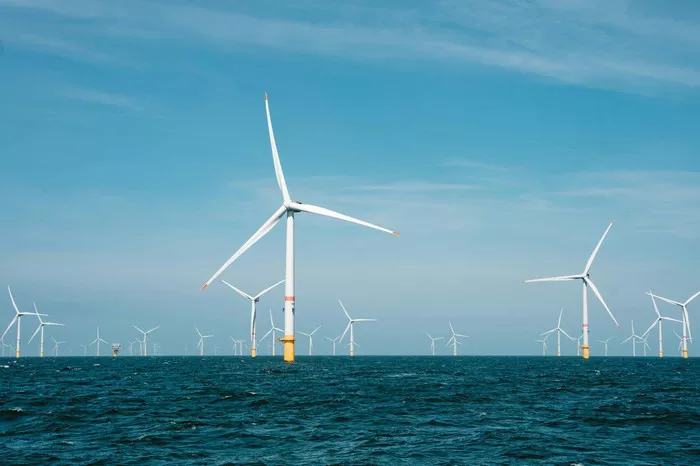Great British Energy (GBE), the UK’s new national energy company, has ambitious plans to become a significant player in the energy sector, according to its chair, Jürgen Maier. In an interview with The Guardian, Maier outlined his vision for the company, which he believes could rival multinational giants like Denmark’s Ørsted and Sweden’s Vattenfall. GBE plans to develop and operate its own renewable energy projects, including wind farms, tidal power, and carbon capture schemes, with the potential to borrow its own funds in the future.
Maier’s comments come at a time when the UK government is grappling with the need to raise £40 billion in tax increases and spending cuts for the upcoming budget. Maier has made a last-minute appeal to keep GBE’s spending off the public balance sheet, arguing that this would allow the company more financial flexibility in the long term.
GBE’s Long-Term Vision
Maier stressed that GBE’s aspirations go beyond its current scope, aiming to establish the company as a leading force in emerging energy markets. “Great Britain deserves a national champion, like an Ørsted,” Maier said. “What we want to do now is invest and engage in some of the less mature markets. Ultimately, we aim to become a long-term operator in sectors such as floating offshore wind. But that will take time.”
Government officials have indicated that GBE could eventually expand into a variety of energy sectors, including offshore wind, tidal power, carbon capture, and hydrogen energy. Maier pointed out that Ørsted and Vattenfall also began with similar ambitious visions. “These journeys always start with a vision and an idea,” he said. “We now have five years to build this company to co-invest, and we will no doubt own some energy assets in that time. But ultimately, over the next decade, we want to become a larger energy company.”
Comparison to Global Energy Giants
Ørsted, once known as Dong Energy, is the world’s largest offshore wind developer, with a valuation of around £20 billion. Vattenfall, which is fully owned by the Swedish government, operates some of the largest wind farms in Northern Europe. Maier’s vision for GBE includes establishing the company as a similar force in the UK’s renewable energy sector.
Currently, GBE has been allocated £8.3 billion over the next five years to fund projects focusing on offshore wind, hydrogen power, carbon capture, and nuclear energy. In its early stages, the company will take minority stakes in projects rather than owning or operating them outright.
Financial Challenges and Future Plans
GBE’s role in the UK government’s green industrial strategy has been central, despite a reduction in the funding available for green initiatives. Chancellor Rachel Reeves had initially planned to invest £28 billion annually in green energy projects, but that figure was halved this year, leaving GBE to carry a heavier burden. Alongside the £7.3 billion National Wealth Fund, GBE will play a pivotal role in driving forward the UK’s clean energy ambitions.
On Thursday, Maier and Energy Secretary Ed Miliband will visit Aberdeen, where GBE plans to set up its headquarters. The pair are expected to announce a partnership to develop wind farms on land owned by the Crown Estate in Scotland. This initiative follows a similar agreement in England and will pave the way for GBE to develop enough offshore wind capacity to power 20 million homes.
Miliband commented: “Unlike in the past, we’re working closely with the Scottish government with a new agreement to ensure our publicly owned company, Great British Energy, is primed to accelerate clean energy investment in Scotland.”
Political and Financial Headwinds
Reeves, who is facing a growing funding gap, has warned that the government’s spending plans will need major adjustments to avoid cuts in essential public services. As part of her efforts to close this gap, she is considering rewriting the official definition of government debt to allow for more borrowing to fund critical infrastructure projects.
Maier, a former CEO of Siemens UK, voiced his support for this approach. “We need to be bold and invest heavily in our energy infrastructure,” he said. “I’m incredibly excited by the opportunity to accelerate the UK’s journey to clean power.”
He also advocated for GBE’s ability to borrow its own money in the future, a move that industry experts believe is crucial for the company to scale up its operations. “I’m delighted that the Crown Estate is able to borrow and invest with us. Whether GBE will be able to borrow in the future is a conversation for another day,” he added.
Maier’s comments reflect a growing sense of urgency and optimism at GBE, as the company sets its sights on transforming the UK’s energy landscape while navigating the complex political and financial challenges ahead.
Related topics:

